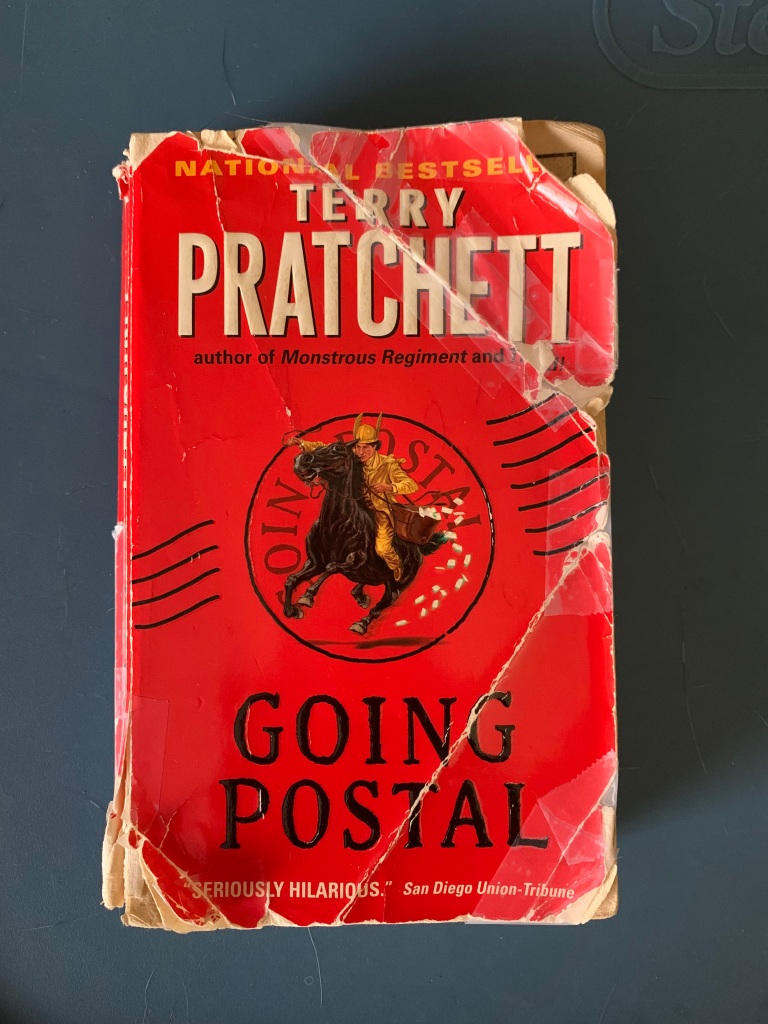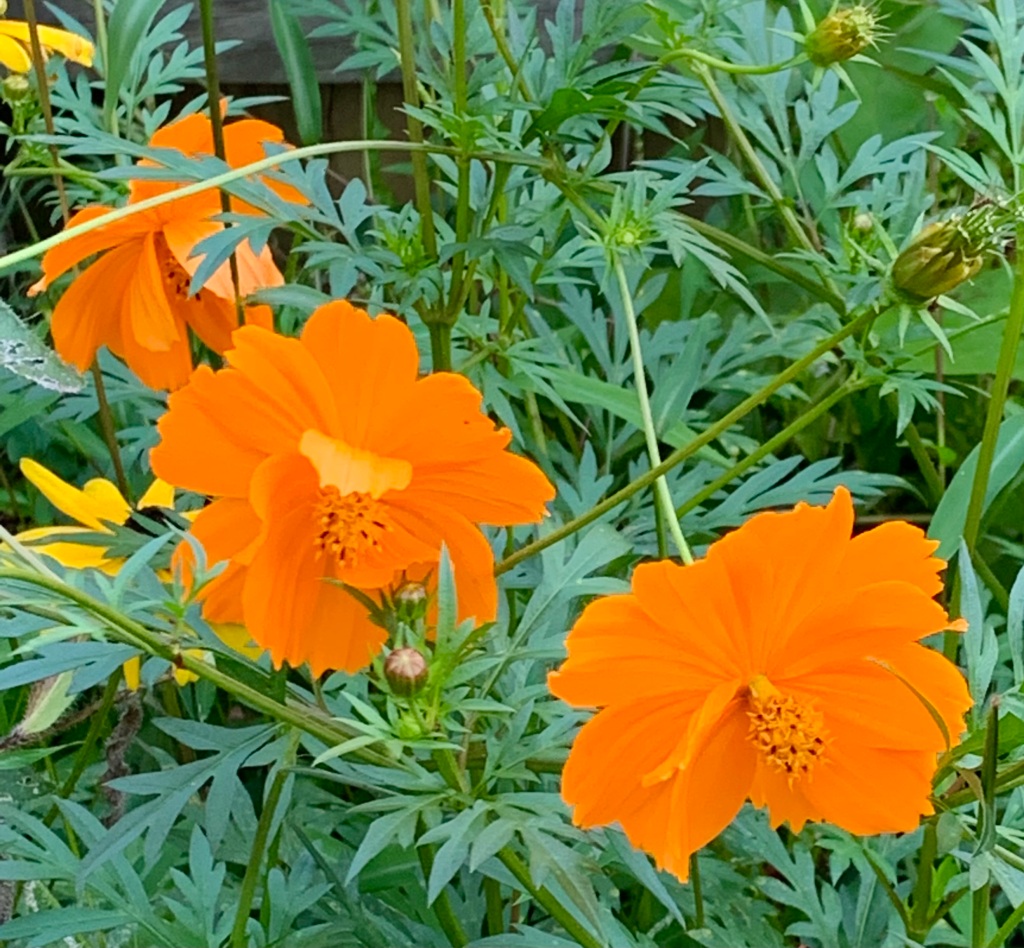Continuing the “Letters from Namora” series, in which Fourteen Stones’s people introduce themselves and their world.
This is a letter from the archives of Valdena Filtraikas, a woman who rises well beyond her own expectations and will play a pivotal role in the futures of two nations. In this letter, she is a young student (mosevin) at the viduris, the priests’ training school in the Namoran town of Paret. She is writing to a friend during the summer holidays.
**
Raimaté, mosevin Ribas,
What do you think of that greeting? I hope it makes you laugh; I couldn’t resist it. Dear Ribé sounds so dull, but Peace be with you, fellow student…I like it! And soon – I hope, if we survive the viduris – soon we’ll start all our letters with our official titles. I can see your letters to me. Raimaté, Zhinin Valdena…
I can’t send you this letter today; I’m going to have to copy it over tomorrow, and hope my handwriting is better then. Today my hand barely wants to hold the pen. Yesterday, you see, my father said, “Now you’re home from that school, you can make yourself useful,” and he had me spend the day helping him finish all of the shirts he had to have ready for his customers this week. You wouldn’t believe how many shirts! Ribè, I honestly think we must have made one for every single person in Paret. At least one. I’m nowhere near as fast at sewing as Da, he can work so fast you can hardly see the needle, but I basted and hemmed cuffs and collars all day, and I think my hands might never be the same again. Of course I’m glad Da is such a good tailor, but I’m also glad I won’t end up doing it too…that is, like I said, as long as I survive the viduris.

But that’s enough boring business. How are you? How is Lida village? I’ve been thinking about you so much since the term ended – yes, I know that was only a week ago – and I had to write to you today even though I’ll have to write it again. I’ve been thinking about you being back home, and how good it must be to be there again, when I know you were looking forward to it so much. I’m wondering how things are on the farm, and how your mother and brother are, and whether your brother is as much of a handful as ever. I feel as if I already know your mother and Gedrí, even though I haven’t met them. And the farm too: I think I would recognize it if someone took me there and dropped me blindfolded in your orchard. (And wouldn’t it be funny if they did!)
I wish, you know, that I could be as happy about being home as you are. But then, you could say I never really left it to come to the viduris, since Da and I live right here in Paret. And…well, I probably shouldn’t say it, but I think you already know I’d rather be with you and Nila and Matvé and Andrí than at home with Da. Once I got used to things at the viduris, as long of a time as that took, it started to feel much more like home than home ever did.

I miss you, Ribé. And I wish the summer wasn’t so long, and that it wasn’t almost three whole months until Rudua when we’ll all be back. You said I would have to come visit Lida and see everything for myself. I’d love to, but I don’t know if I’ll ever persuade Da. He has funny ideas, and he doesn’t like the idea of me visiting a boy. (It doesn’t matter that you’re my best friend. If you were a girl…but there you have it.) Maybe, if your mother writes to him, maybe she can do something, but I’ll try not to hope too much.
In the meantime, though, you can write to me, and I can write to you, as long as Da doesn’t make me work on too many more shirts. And there’s Rudua to look forward to. It’ll get here sometime.
I should stop for now. Da is calling and I probably have to help sweep out his workroom. After he’s been working all day, you should see the bits of thread and odd scraps and corners of fabric all over the floor, like a snowstorm.
Write to me soon. Yours,
Valda
**
For more about Fourteen Stones, its world, and its people, please visit the book’s page.
You can get your own e-book or print book from my publisher, or if you’re in the US, a signed copy directly from me: email kfaatz925@yahoo.com for details!
Please consider subscribing to the blog to receive future letters and posts.















